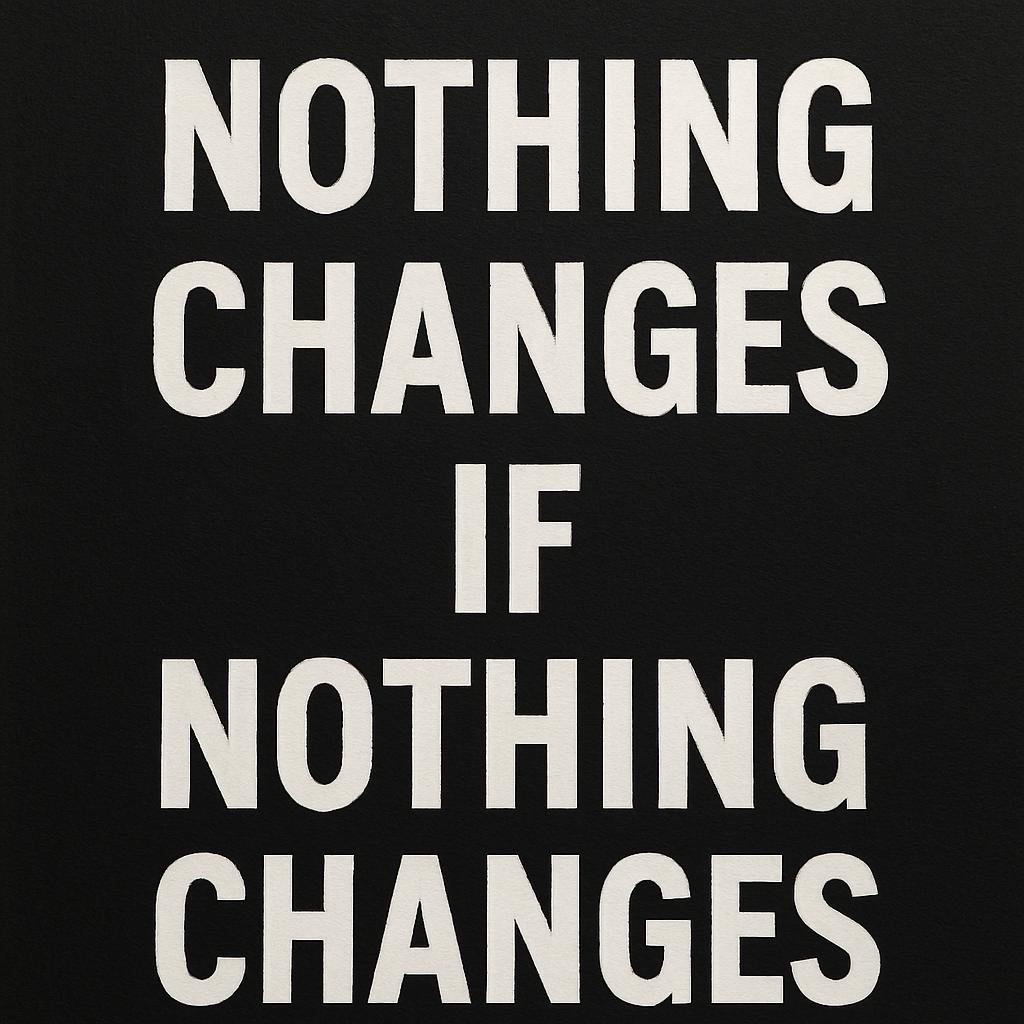Support for Major Life Transitions
Assisting Driven Professionals and Students in New York
When Big Things Are Changing
Life transitions can be deeply disorienting — even when they are desired. A new job, a career pivot, graduation, geographic relocation, entering or leaving a relationship, becoming a parent; these experiences can all disrupt the routines, relationships, and identity anchors that once grounded you. And the impact of major life transitions can be even more overwhelming when they are unexpected or unwanted.
If you’re feeling unmoored, overwhelmed, or uncertain about what comes next, you’re not alone. Major life transitions can precipitate or exacerbate experiences of burnout, chronic stress, professional identity confusion, and persistent feelings of inadequacy. Therapy can help you enhance your understanding of the transitions you face and their impact on you. It can also help you develop strategies to most effectively navigate those transitions.
Common Signs and Symptoms of Major Life Transitions
Increased anxiety, irritability, or overwhelm in response to change.
Difficulty making decisions or feeling uncertain about next steps.
Loss of motivation, focus, or direction.
Grief, guilt, or regret related to what’s being left behind.
Changes in sleep, appetite, or energy levels.
A sense that life is changing faster than your ability to adapt.
Schedule a free 20-minute initial consultation to learn more about our services and how we can support you in achieving your mental wellness goals.
Ways Treatment Can Help
Although therapy should always be custom tailored to your unique needs and preferences, the following treatment goals are common among individuals experiencing major personal or professional life transitions:
Clarifying your personal values, goals, and priorities to guide decision-making during periods of change.
Developing coping strategies for managing stress, overwhelm, uncertainty, or regret.
Creating structure, routine, and goals that promote effective adjustment.
Schedule a free 20-minute initial consultation to learn more about our services and how we can support you in achieving your mental wellness goals.


